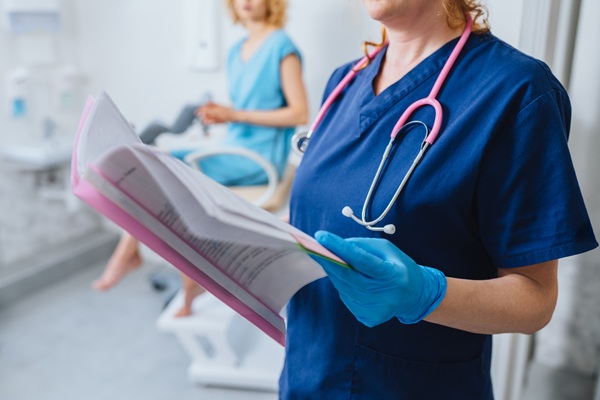What to Expect from a Pap Smear

A pap smear, or pap test, is a common and important procedure used to screen for cervical cancer and detect abnormal cells in the cervix. Regular pap smears are a critical part of preventive healthcare for women, typically recommended starting at the age of 21. Understanding what happens during a pap smear can help alleviate concerns and ensure the experience is as smooth as possible.
Preparing for a pap smear
Before the pap smear appointment, it is helpful to be aware of a few preparation guidelines. Healthcare providers often request avoiding sexual intercourse, douching, or using any vaginal products for 24 to 48 hours before the test, as these can interfere with the accuracy of the results. Additionally, scheduling the pap smear outside of menstruation, or one's monthly cycle, is preferred, as this can provide clearer results.
It is also important to know that the test may be slightly uncomfortable, but it should not be painful. Communication with the healthcare provider about concerns or discomfort is encouraged to ensure the patient feels physically, mentally, and emotionally comfortable.
What to expect during a pap smear
The pap smear is typically performed in a healthcare provider's office or clinic, and the entire process generally takes just a few minutes. Considering this is a sensitive procedure that causes one to feel vulnerable, here are some steps that patients will undergo during this procedure:
Step one: Getting ready
The patient will be asked to undress from the waist down and wear a hospital gown. They will then lie on an examination table with their legs positioned in stirrups (foot supporters), which allows the healthcare provider to access the cervix.
Step two: Getting a better view of the cervix
Using gloved hands, the provider will gently insert a handheld instrument called a speculum into the vagina. This instrument holds the vaginal walls open, allowing a clear view of the cervix. While this process may feel uncomfortable, it should not be painful.
Step three: Cell collection
Once the cervix is visible, the provider will use a small brush or medical spatula to collect a sample of cells from inside it. This step may feel like light scraping or mild pressure, but it is typically quick and painless. If it becomes too uncomfortable or painful, alert the provider immediately.
Step four: Lab analysis
After the sample is collected, it is sent to a laboratory for analysis. The lab examines the cervical cells for abnormalities or signs of potential health issues, including the presence of precancerous or cancerous cells.
After the pap smear
After the procedure, most patients can continue their daily activities without any restrictions. Mild spotting or light bleeding may occur, but this is typically normal and should resolve quickly. If heavy bleeding or significant pain occurs, it is important to contact the healthcare provider for further evaluation.
The pap smear results usually take a few days to a couple of weeks to come back. According to Johns Hopkins Medicine, patients should schedule their next pap smear in three to five years if the results are normal. However, exact time frames can vary depending on the patient's age and health history. The provider will discuss the next steps if abnormal cells are detected, including additional testing or close monitoring.
Schedule a pap smear
Millennium Medical Care Woodbridge understands that pap smears can usher in anxious feelings, which is why our entire team aims to make each patient feel as comfortable as possible. That said, the importance of this screening cannot be overstated. If you have never received a pap smear or it has been many years since your last one, contact our Woodbridge office to schedule an appointment.
Request an appointment here: https://hillendale.millenniummedicalcare.com or call Millennium Medical Care Woodbridge at (703) 945-1942 for an appointment in our Woodbridge office.
Check out what others are saying about our services on Yelp: Pap Smear in Woodbridge, VA.
Recent Posts
The common cold is appropriately named. This illness is perhaps the most common health problem that people experience. It will affect individuals of all ages, including babies and the oldest patients. You have almost certainly had your share of colds in the past. The good news is that there are ways to minimize your risks…
The common cold can make anybody miserable. You can prevent this by taking zinc. This element can slow down the cold’s development. If you want to know how zinc can help you face the common cold, here are the details.Studies showed that zinc supplements can help prevent sickness in people. Researchers also showed that zinc…
A multitude of conditions can warrant the need for professional pain management. While pain management can come in the form of medication or treatment, urgent care typically performs the latter. Learning the difference between short and long-term options can help you learn when to consult a doctor.Whether a patient has a chronic condition that causes…
Contracting the common cold can be easier for some people than for others. Specific risk factors increase your odds of getting sick with a cold virus. Understanding why these factors can make you sicker can help you avoid them. It could even save you a trip to the urgent care clinic. If you want to…


